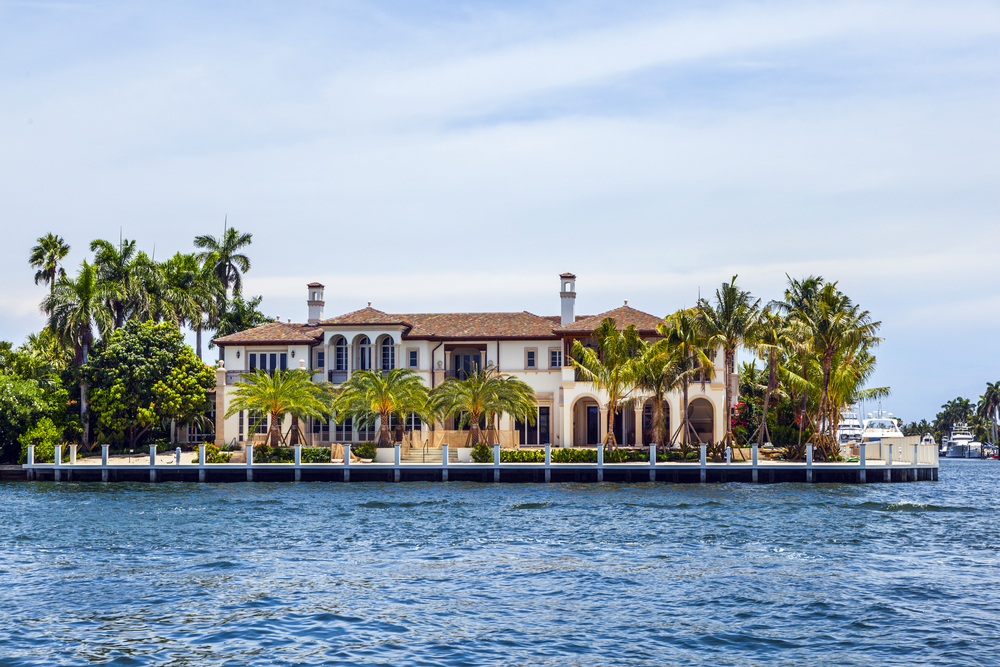Tips for Finding the Perfect Waterfront Home

Key Takeaways
- Align your lifestyle preferences with property features for the best fit.
- Research local regulations and environmental considerations before purchasing.
- Thoroughly inspect the property’s structure, shoreline, and water quality.
- Factor in additional expenses like insurance and ongoing maintenance.
- Utilize experienced professionals to navigate the waterfront market.
Introduction
Owning a home by the water is a coveted dream for many, offering tranquil views, direct access to outdoor adventures, and a lifestyle unlike any other. Before diving into property listings, evaluating what makes a waterfront home truly perfect for your needs is essential. For those considering the dynamic and scenic region of Redwood Shores, discovering current Redwood Shores Homes for Sale can be the first step in turning this dream into reality. With stunning locations and a range of property types available, buying a waterfront home has unique factors to consider to ensure you find the ideal match.
Whether you seek a peaceful retreat or a base for family fun on the water, it’s essential to approach your search with the correct information. By focusing on your priorities and understanding the nuances of waterfront real estate, you can make a confident and informed investment decision.
Define Your Lifestyle Priorities
Begin your search by clarifying your desired lifestyle. What you want most from a waterfront home is it early morning paddles, lively gatherings, or a tranquil escape? Understanding whether you’ll use the home seasonally or year-round, and which amenities top your wish list, will narrow your focus to properties that genuinely fit your plans.
Common Lifestyle Considerations
- Privacy levels: Are you seeking seclusion or prefer a vibrant neighborhood?
- Recreational needs: Is access to boating, fishing, or swimming paramount?
- Access to amenities: How close do you need to be to shops, schools, and healthcare?
- Family and pets: Consider space needs and safety for children and pets.
Research Local Regulations and Permits
Waterfront properties often face unique zoning laws and environmental rules. Some regions regulate dock construction, shoreline alterations, and even what activities are permitted. Investigate local government websites or connect with planning departments for clear guidelines. Consulting environmental reports and engaging a knowledgeable real estate agent will help demystify potential restrictions and avoid unwelcome surprises later.
Assess the Property’s Condition and Shoreline
Waterfront homes are exposed to more severe weather conditions than typical residences. Hire a property inspector with experience in evaluating waterfront homes. Focus on areas prone to water intrusion, like basements or retaining walls, and inspect for mold, rust, or signs of erosion. It’s crucial to assess not just the structure, but also the shoreline—stable shorelines minimize the risk of flooding and costly repairs, and well-maintained docks or bulkheads are a valuable bonus.
Understand Flood Risks and Insurance Requirements
Living close to water comes with inherent flood risks. Review FEMA flood zone maps and inquire about historical flooding in the area. Most lenders require flood insurance for waterfront properties a significant expense so research premiums and coverage options early in your process. The FEMA Flood Map Service Center is a reliable resource for checking flood zone status and requirements for any property you are considering.
Evaluate Water Quality and Accessibility
The condition of the water itself is essential for both your enjoyment and your investment’s value. Request recent water quality reports from local authorities or homeowners’ associations. Test for algae blooms or pollution that could impact recreation and property desirability. Also, consider the water depth and ease of access—especially if you plan to dock a boat or swim sporadically. Seasonal fluctuations can affect usability, so review any available records on changing water conditions.
Consider Maintenance and Upkeep Costs
Maintaining a waterfront home generally involves more effort and expense than a typical property. Saltwater and moisture can accelerate deterioration, so plan for regular inspections and proactive maintenance. Set aside funds for dock repairs, seawall maintenance, pest control, and landscaping specifics related to waterfront living. Preventative care is critical to protecting your investment from environmental and weather-related wear.
Work with Experienced Professionals
Engage a real estate agent with a proven track record in waterfront transactions. They’ll understand these homes’ specific challenges and opportunities, and can point out red flags or promising features that non-specialists may overlook. Additionally, work with lenders, insurers, and home inspectors who have experience with waterfront properties, giving you a network of support from offer to closing.
Stay Informed on Market Trends
The waterfront real estate market can shift rapidly regarding value, availability, and demand. Track local news, follow specialist websites, and stay connected with your real estate agent to understand market cycles and opportunities for investment. Being well-informed allows you to act decisively and ahead of the competition when you find the right property.
By balancing your lifestyle preferences with diligent research and professional guidance, you can discover a waterfront home that delivers lasting enjoyment and future value. Whether you are drawn by the serenity of sunrises over the water or the community energy of a bustling neighborhood, thoughtful preparation ensures your waterfront investment becomes a treasured haven for years.





